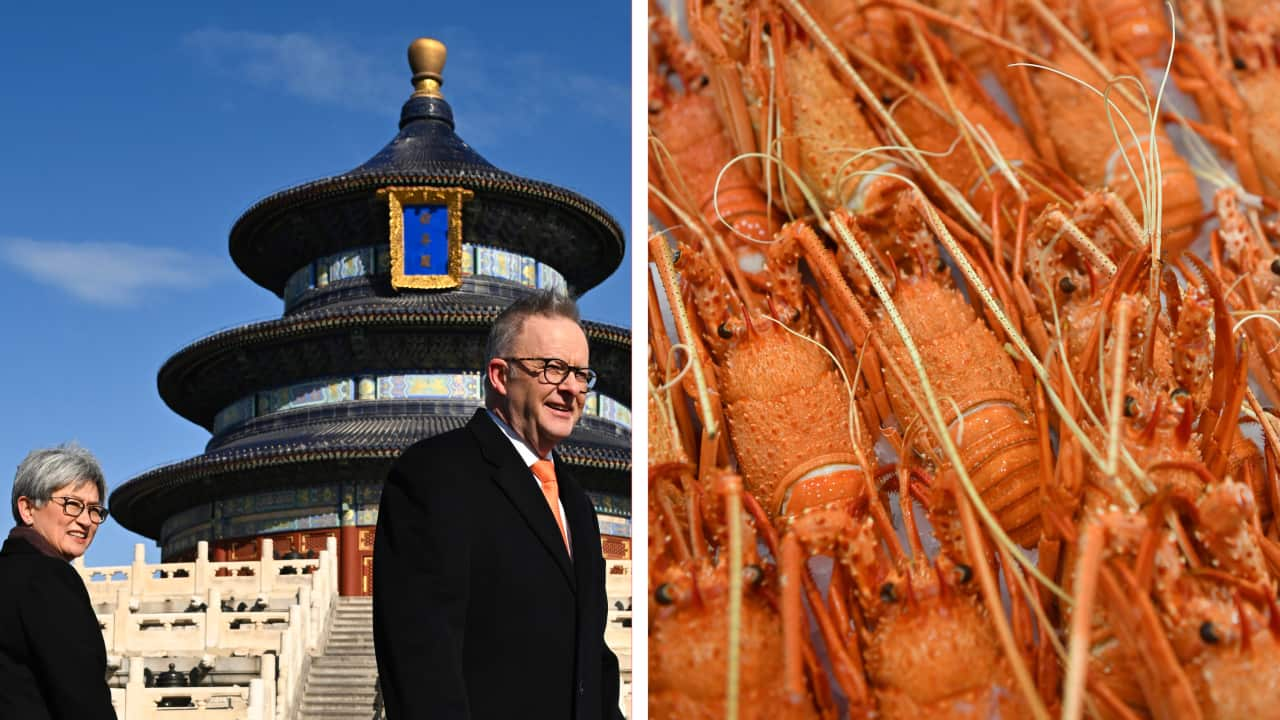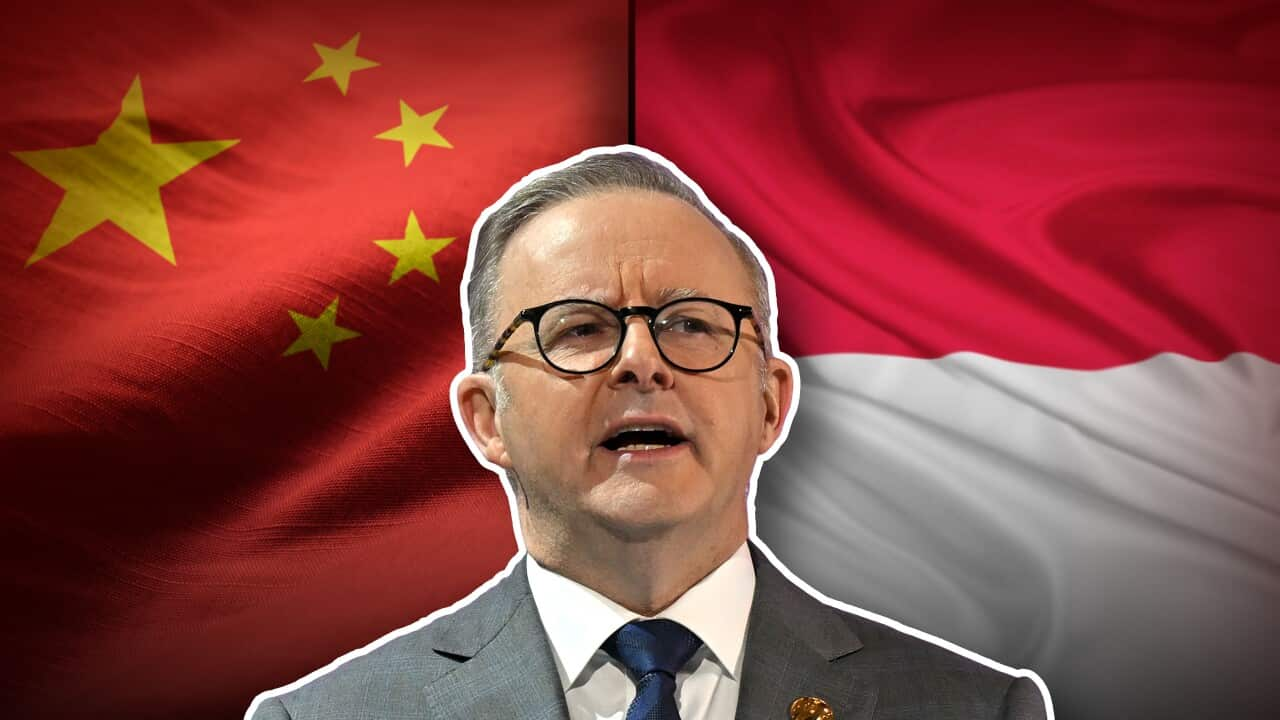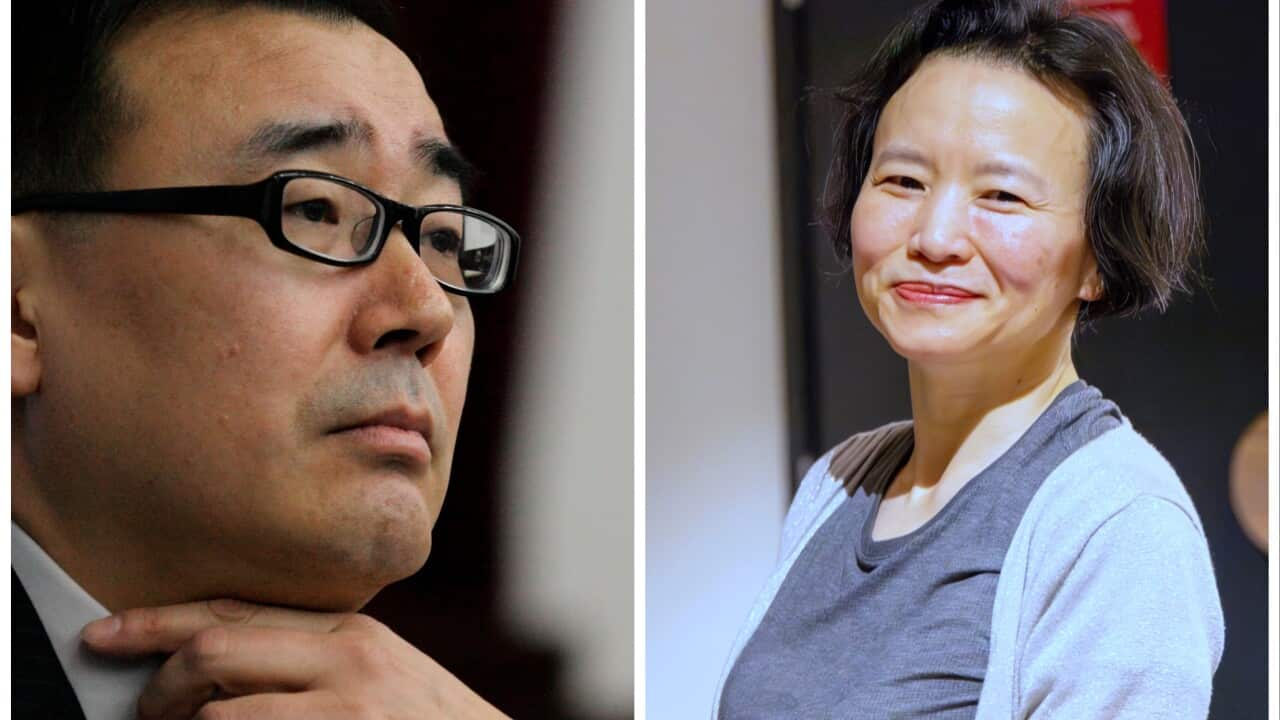Key Points
- Anthony Albanese wrapped up a visit to China last week, the first Australian prime minister to do so in seven years.
- Visas, trade, tourism and energy are elements of the countries' bilateral relationship set to change as a result.
- But Australia and China disagree on several issues, with neither country seeing "eye to eye" on geopolitics.
Prime Minister Anthony Albanese's China visit this month was packed with photo opportunities and broad diplomatic statements. But determining the precise benefits for Australians and Chinese of any deals made may take some reading between the lines.
Albanese described high-level talks with Xi Jinping as "very successful", while his visit was hailed by the Chinese president as ushering in .
Following the , Beijing imposed tariffs on a host of Australian products and cut off high-level communication.
Since then, points of contention have included human rights, and trade bans on Australian exports worth $20 billion at their height.
The Chinese leader says Beijing and Canberra had "worked out some problems", and praised the symbolism of Albanese retracing former prime minister Gough Whitlam's steps in China 50 years earlier.
Geoff Raby was Australia's ambassador to China from 2007 to 2011. He told SBS News the whole Australian community benefits from Australia and China now having the opportunity to engage more closely.
"It's better to have a relationship where you're engaged with the other party, in order to achieve things you want to achieve."
The Australian Chinese community will largely welcome the visit and potentially give Labor a polling boost in some seats, as well as , Raby said.

Australian Prime Minister Anthony Albanese held talks with China's president Xi Jinping. Source: AAP / Lukas Coch
Here are the aspects of the bilateral relationship that stand to change, according to experts.
Visas
In a joint statement released after the meeting, three-to-five-year multi-entry visas were announced to make travel between the two nations easier.
The statement said they would be "for visitors and business people on a reciprocal basis," but did not specify when the visas would be rolled out.
Australians visiting China currently do so primarily on a Category L tourist visa, which is valid for up to one year and permits a stay of up to 30 days per entry, and a Category M business visa, which allows one stay of up to 30 days but is valid for only 90 days after being issued.
Trade
Chinese from covering $20 billion at their height to now around $2 billion.
Ryan Neelam is director of the Lowy Institute's public opinion and foreign policy program.
He said there is a lot of optimism that China will also wind back sanctions on Australian wine.
"What Australia has done is it's given China the opportunity to do expedited review of its own measures, and to unilaterally roll those back without losing face and having a WTO ruling forced them to say that these measures are out of step with their WTO obligations."
The removal of barley tariffs in August also followed a review.
"Having a stable relationship where we don't have China imposing restrictions arbitrarily [on] Australia's exports will be good for the Australian economy, Neelam said.
Tariffs on Australian lobster and beef remain in the government's sight.
China has expressed interest in joining the Comprehensive and Progressive Agreement for Trans-Pacific Partnership (CPTPP) — a trade agreement involving Australia, Canada, Japan and others.
But experts say it's ultimately unlikely to happen.
Australia's official line has been that China, or any country wanting to join, needs to meet the highest standards of the trade deal.
"If you read between the lines, what the Australian government is getting at is it will be extremely difficult for China to meet those high standards, particularly when you can see the pattern of punitive trade measures put in place against Australia in recent years," Neelam said.
A consensus is needed for any external party to join, which is unlikely to eventuate because of Tokyo's opposition.
Tourists
In the immediate term, a trip like this won't exactly have a
"Longer term, it's possible that a visit like this with all of the really positive rhetoric from not just the Chinese government, but also the Chinese press, that will have incremental flowing effects for the tourism market.
"It also comes on the back of their big decisions to recommence the processing of visas for group tours in Australia."
Energy
The two leaders' joint statement said Australia and China are "recommencing bilateral climate change and energy dialogues."
This could be a real opportunity for Australia, Raby said.
"Given that we are one of the world's biggest energy exporters, and China is the world's biggest energy importer, we should be looking at how we could do a sort of climate/energy joint approach with China, and work out what China needs to help it move more quickly from its emissions to a low-emission setting — and equally, what we need."
He said there were significant developments in Australia's green hydrogen and green steel industries.
"These are areas that we will need eventually, very strong high-level government-government cooperation, in order to support and assist the private sector in getting some of these new industries that are carbon-reducing going."
Issues that may not be resolved
Albanese acknowledged Australia and China disagree on several issues and again repeated his familiar mantra, that the nations should "cooperate where we can, disagree where we must."
"Australia and China don't see eye to eye when it comes to geopolitics," Neelam said.
Australia has rejected Beijing's territorial and maritime claims in the South China Sea and called for restraint amid escalating threats against Taiwan.
"The question there [is] how the relationship is able to navigate difficult questions, where Australia is very close to the US on these issues and China certainly doesn't show any signs of changing its assertive stance on those issues," he said.
Many welcomed in October, but still worry about who has been detained in China since 2019.
Points of tension over human rights will endure for a long time, Herscovitch said.
"Australia regularly expresses concerns about systematic and Tibet, and complaints about China's heavy-handed treatment of Hong Kong.
"Those human rights concerns are serious and legitimate, but China sees them as being meddling, and sees them as being really unhelpful and disingenuous."











